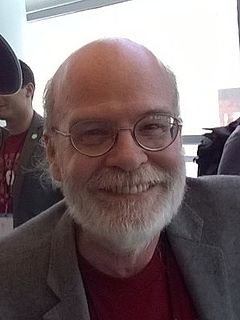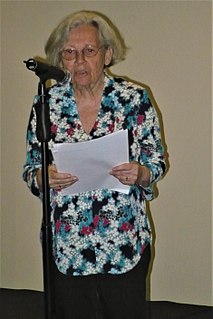A Quote by Donald A. Norman
Go to the bookstore and look at how many bookshelves are filled with books trying to explain how to work the devices. We don't see shelves of books on how to use television sets, telephones, refrigerators or washing machines. Why should we for computer-based applications?
Related Quotes
Code is not like other how-computers-work books. It doesn't have big color illustrations of disk drives with arrows showing how the data sweeps into the computer. Code has no drawings of trains carrying a cargo of zeros and ones. Metaphors and similes are wonderful literary devices but they do nothing but obscure the beauty of technology.
If you walk into any bookstore, you can look at the newsstands and see which magazines are nationally-distributed, and you recognize certain names. Same with television. With the blogsphere, however, you actually have to dig, and know how to use multiple tools to figure out whom you should be speaking to.



































